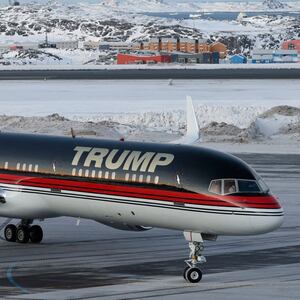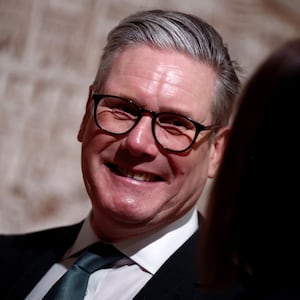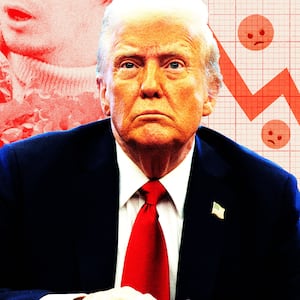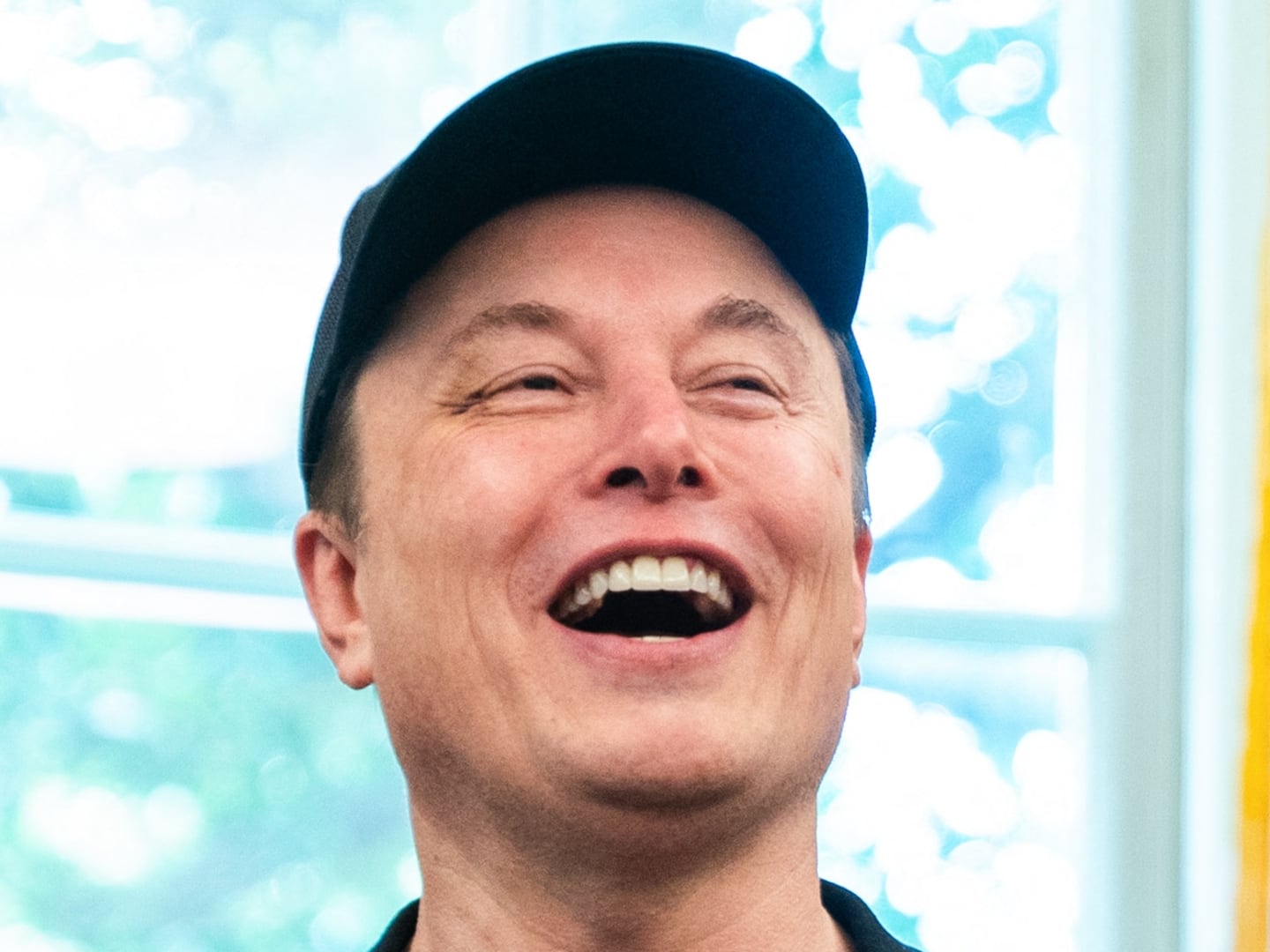Three of the Trump administration’s top cabinet officials—Vice President JD Vance, Secretary of State Marco Rubio, and Secretary of Defense Pete Hegseth—are in Europe this week amid rising tensions with leaders on the Old Continent.
Since taking office, their boss has threatened to take European Union (EU) territory by military force and, on Sunday, pledged to start a trade war with aluminum and steel tariffs that the bloc’s leadership immediately slammed as “unlawful.”
President Donald Trump has also berated some European countries, and North Atlantic Treaty Organization (NATO) members, for not spending enough on defense.
ADVERTISEMENT
European officials will seek to get Vance, Rubio and Hegseth on side with the notion that the U.S. and Europe are more aligned on these issues than they are apart.
They’ll also have to contend with a tech broligarch-friendly campaign by Vance, who suggested he will pressure leaders to rethink their regulatory approach to America’s Silicon Valley giants.
The vice president is slated to meet with European leaders at an artificial intelligence summit in Paris beginning Monday and will take part in an international-security conference in Munich later in the week, where he’ll be joined by Rubio.
Hegseth will make stops to visit troops stationed in Germany, attend a meeting of NATO defense ministers in Belgium, and then head with Poland for discussions with the country’s leaders.
Vance’s meetings will include high profile sit-downs on Tuesday with European Commission President Ursula von der Leyen, French President Emmanuel Macron, and Indian Prime Minister Narendra Modi, who is also in Paris for the AI summit.
The vice president detailed his plans for the trip in an interview with Breitbart News last week, first highlighting the war in Ukraine.
“At the AI Summit, the main reason I’m going is actually to have some private conversations with the world leaders who are also going to be there,” he said. “I think there’s a lot that some of the leaders who are present at the AI summit could do to, frankly—bring the Russia-Ukraine conflict to a close, help us diplomatically there—and so we’re going to be focused on those meetings in France.”
Discussions about Ukraine will continue at the Munich Security Conference, which begins Friday and will heavily focus on the war-torn country.
EU officials are advocating continued financial and military support for Kyiv nearly three years into Russia’s full-scale invasion.
Trump has publicly entertained the idea of offering support in exchange for Ukraine’s rare minerals, and told the New York Post over the weekend that he is engaging in direct talks with Russian President Vladimir Putin, who he believes “wants to see people stop dying.”
Vance told Breitbart that, when he gets to Munich, he will talk about how “NATO needs to really step up and take more control over their own security.”
A handful of NATO member countries—eight out of 32—have failed to meet the defense alliance’s defense spending target of two percent of gross domestic product, something Trump has criticized as unfair to the U.S., given its outsized military.
Mark Rutte, NATO’s secretary general and a former Dutch prime minister who presided over sub-two percent defense budgets in his home country, has come around to Trump’s ways.
“He is right of course, that the problem is not the U.S. and the problem is Europe,” he told the World Economic Forum last month.
But Trump has also demanded that figure be revised up to a whopping five percent, which has left NATO leaders divided.
Finally, Vance told Breitbart he’ll be bringing a message friendly to America’s tech broligarchs—including Elon Musk and Mark Zuckerberg—who have curried favor with Trump in recent months, and strongly oppose the EU’s more aggressive regulatory approach to their industry.
“We want people to be able to speak their minds, and we believe that free and open debate is actually a good thing,” he said, referring to the EU’s more restrictive rules on misinformation, which can include steep fines for tech firms. “Unfortunately, a lot of our European friends have gone the wrong direction there.”
“Europe has an ever-increasing number of laws institutionalizing censorship, and making it difficult to build anything innovative there,” Zuckerberg said last month, in a video where he said his company Meta would “work with President Trump to push back on governments around the world that are going after American companies and pushing to censor more.”









